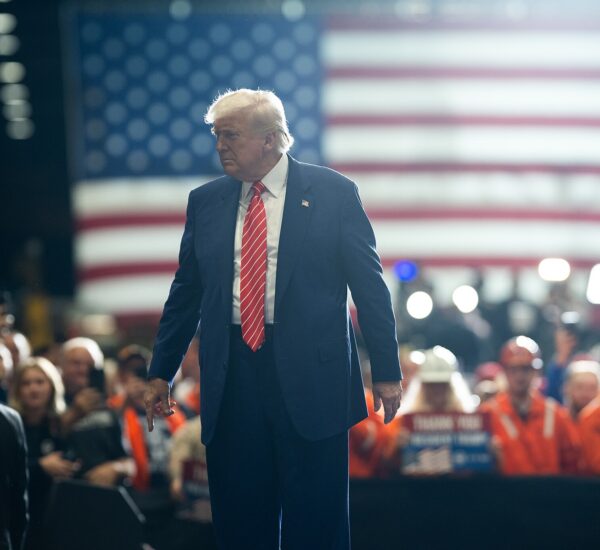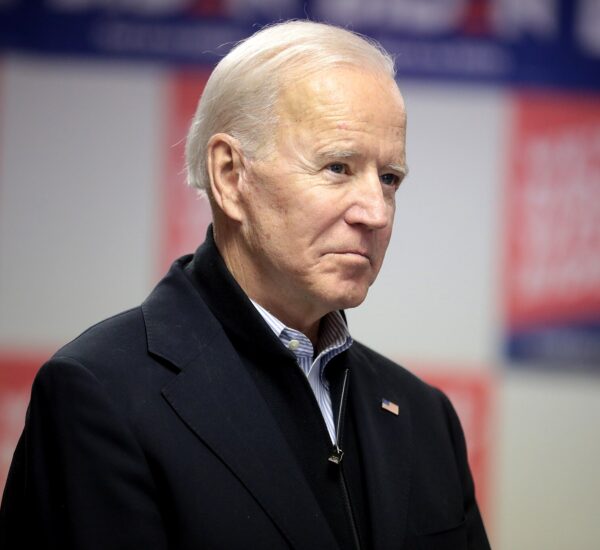Trump Vows To Block What?
President-elect Donald Trump has made it clear that he strongly opposes the proposed acquisition of U.S. Steel by the Japanese company Nippon Steel Corporation. Trump has publicly stated that he is completely against the idea of a foreign company, especially one from Japan, taking control of what was once a dominant American industrial giant. This position mirrors his earlier stance on the campaign trail, where he consistently pledged to protect American industries from foreign influence and corporate takeovers.
Nippon Steel’s $14.9 billion bid to acquire U.S. Steel, announced last year, has stirred significant backlash from both Republican and Democrat lawmakers. The proposed deal raises concerns about national security and the potential loss of jobs in the American steel industry. In response to mounting pressure, Nippon Steel requested a delay in its bid, pushing a final decision until after the election. Meanwhile, the Biden administration has signaled that it will carefully scrutinize the sale, reflecting concerns about its broader impact on U.S. interests.
The United Steelworkers union has also strongly opposed the acquisition, citing the negative impact that foreign steel imports, particularly from Japan and China, have had on American steelmakers. The union points to Nippon Steel’s history of flooding the U.S. market with cheaper steel, which undermines domestic steel production and harms American workers.
Trump has promised that his administration will take steps to revitalize and protect the American steel industry. He has advocated for using tax incentives and tariffs as tools to strengthen U.S. manufacturing. His proposed tariffs include significant levies on goods from Canada, Mexico, and China, actions that are part of his broader agenda to push back against unfair trade practices and ensure that American industries remain competitive.
For Republicans who prioritize American manufacturing and job creation, Trump’s stance on foreign takeovers and trade protectionism resonates with a broader commitment to economic nationalism, putting American workers and businesses first in an increasingly globalized economy.






